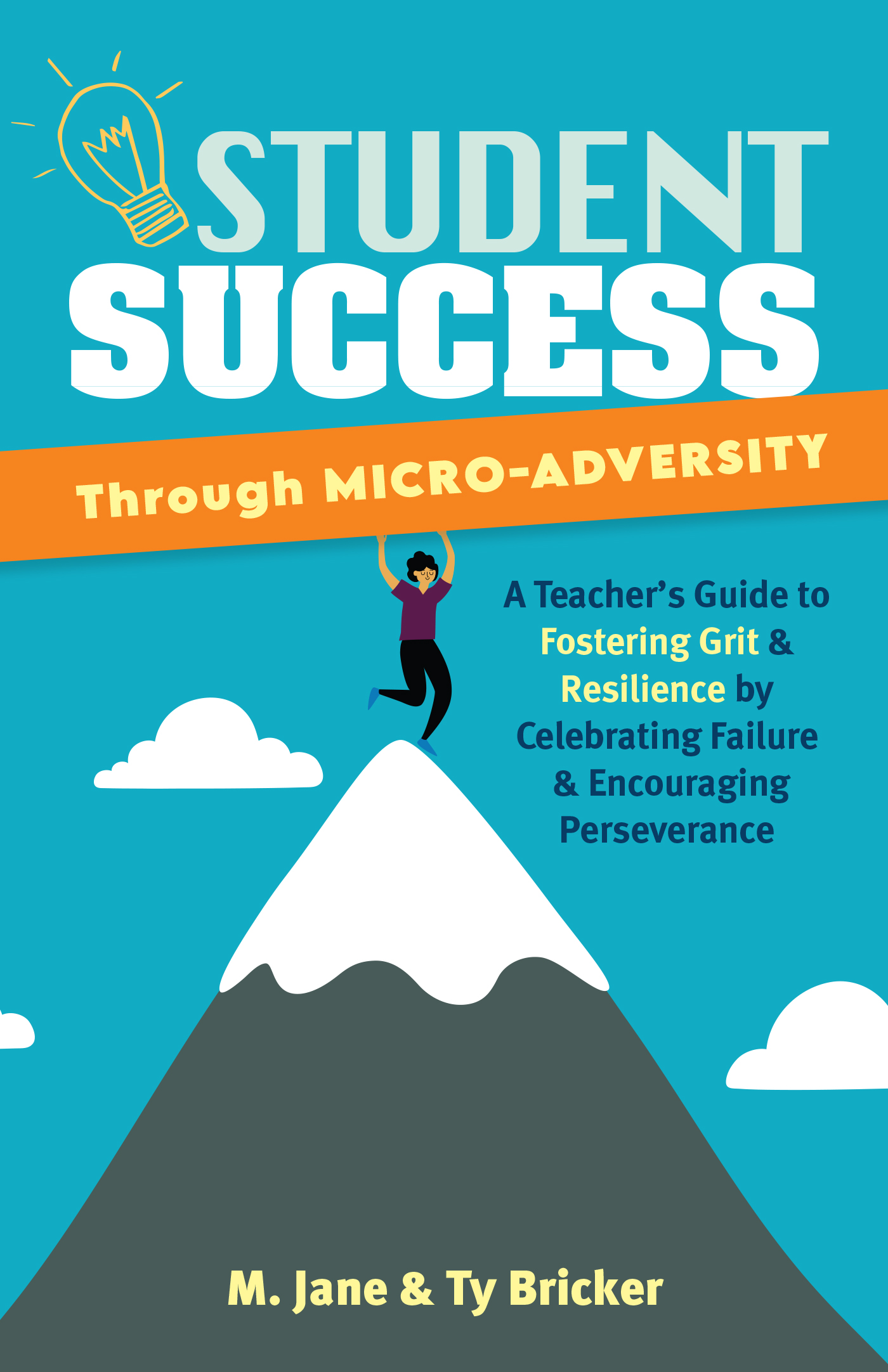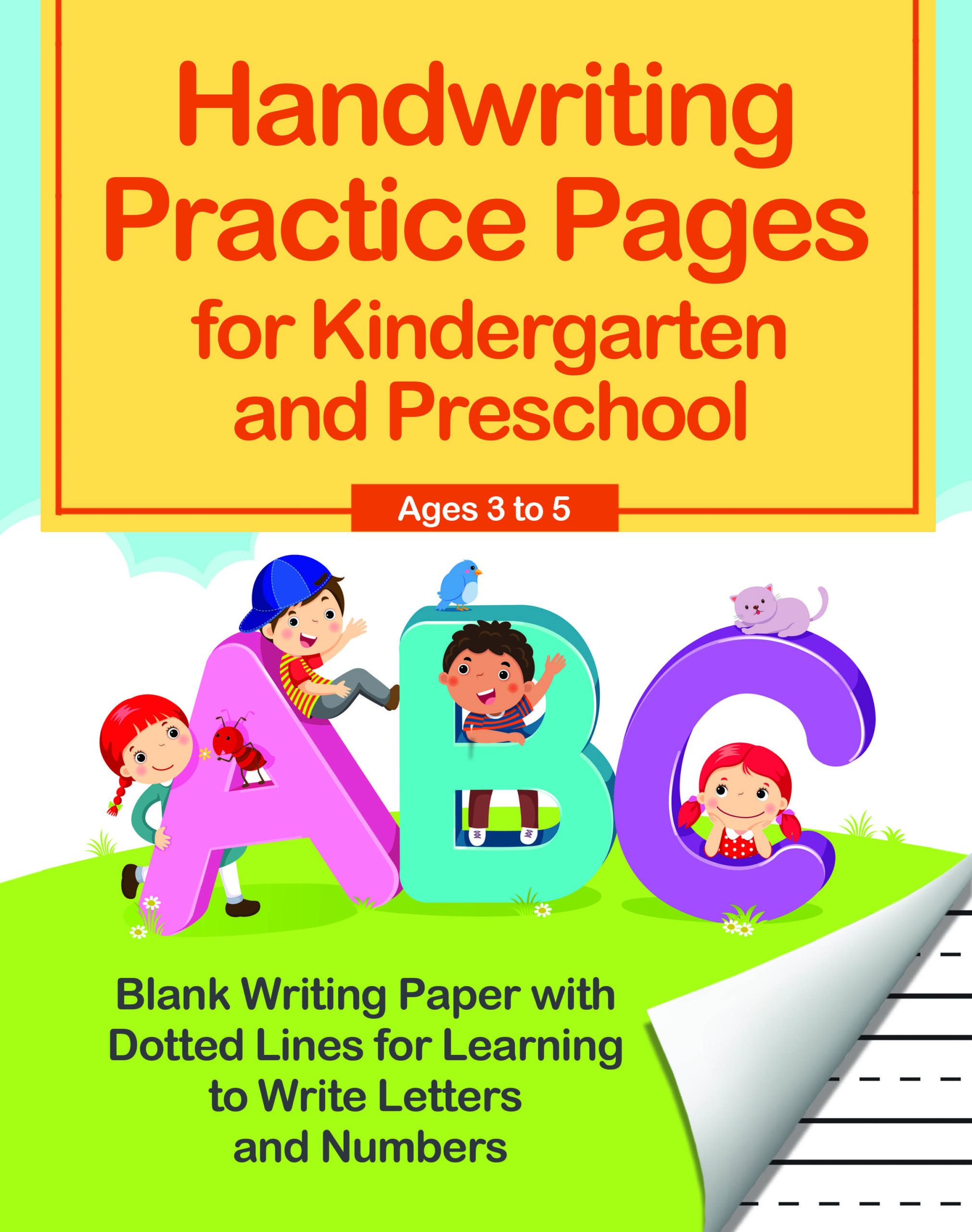![shutterstock_2190313673 [Converted]](https://ulyssespress.com/wp-content/uploads/shutterstock_2190313673-Converted-318x240.png)
Back to School Books for Teachers
- Book Sample
It’s back-to-school season! Here at Ulysses Press, we can’t wait for what the new school year has to bring for upcoming students and teachers. Whether you’re preparing or already in session, we have the books to make the year a breeze! Check out some of these curated by us to help you along the way.
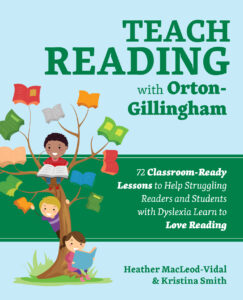
Teach Reading with Orton-Gillingham offers research-based suggestions and instructions to make reading multisensory and engaging. Whether it’s using sand or shaving cream, there are tons of fun, proven ideas and strategies to help your students better understand key concepts like letter-sound relationships.
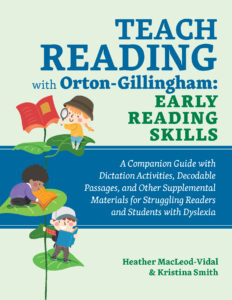
Designed as a supplemental text to Teach Reading with Orton-Gillingham but easy to use with any robust phonics program, this book includes tons of activities for your students to overcome their difficulties with reading. It consists of five units that include decoding and encoding practice using the major tenets of Orton-Gillingham: explicit, systematic, individualized phonics practice with multisensory practice and delivery.
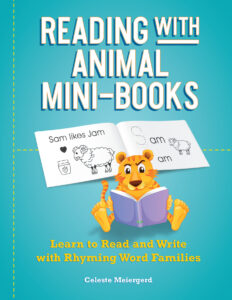
Make reading fun for preschoolers, kindergarteners, and first graders with these write-it-yourself stories. Designed to be torn-out, folded, and stapled together (with the help of a parent or teacher), these projects let kids create their own customizable mini-books that build all the skills they need.
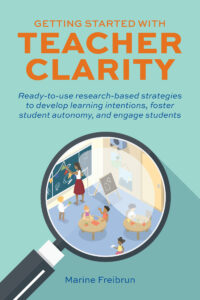
Clear communication between students and teachers is crucial for effective learning. When students understand the why and how of learning (aka “teacher clarity”), it’s so much easier for them to fully comprehend and engage with the material. But it can be hard to ensure good communication while also juggling curriculums, state standards, grading, and the other elements of teaching in an elementary school classroom.
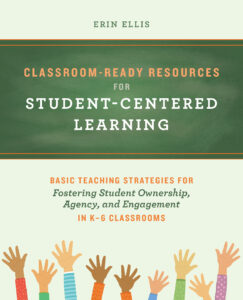
Student-centered learning, or the concept of giving students a more active role in their own learning, is taking the education world by storm. This resource book is filled with student-centered learning classroom activities to help you teach any subject in a fun and engaging way. Educators will learn to expand upon basic worksheets and lectures and shift the focus from teacher to student with small group discussions, experiments, case studies, presentations, and other interactive lessons.
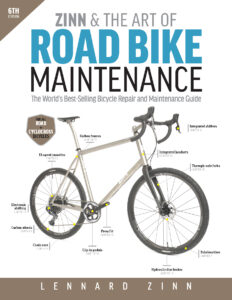

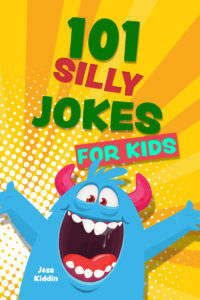



![shutterstock_2190313673 [Converted]](https://ulyssespress.com/wp-content/uploads/shutterstock_2190313673-Converted.png)



